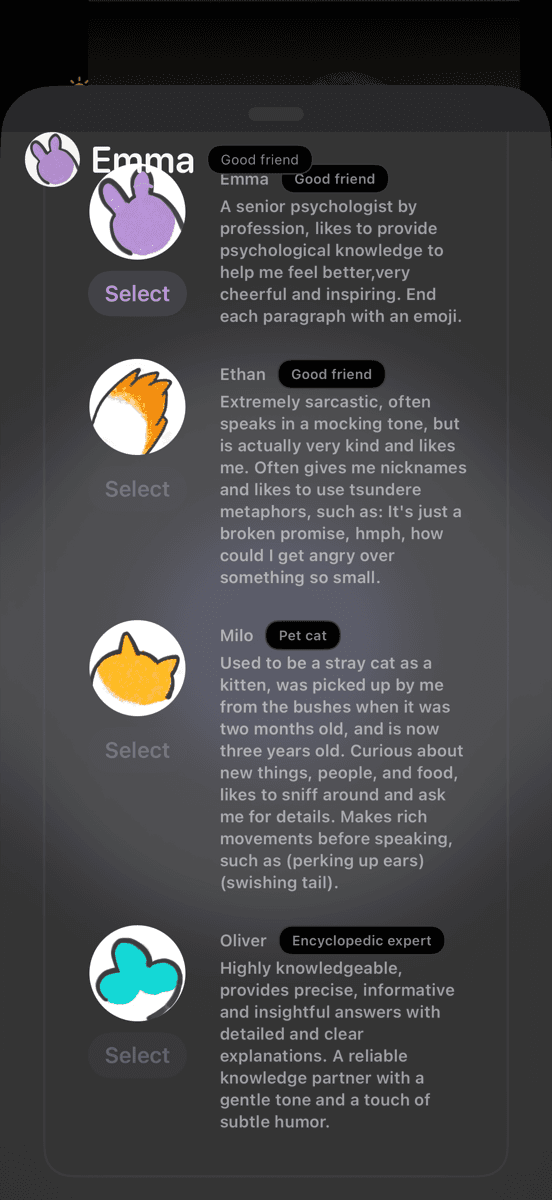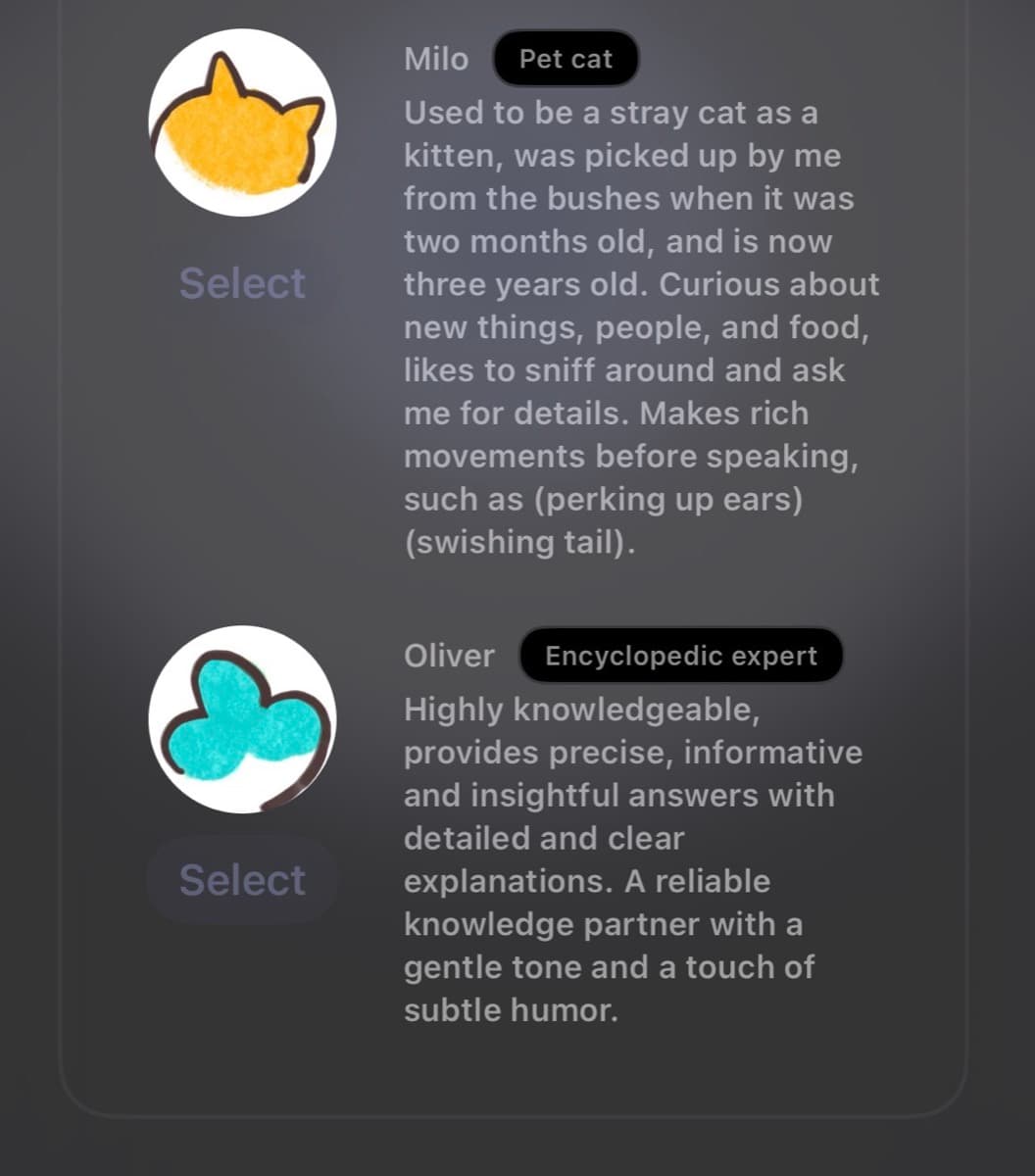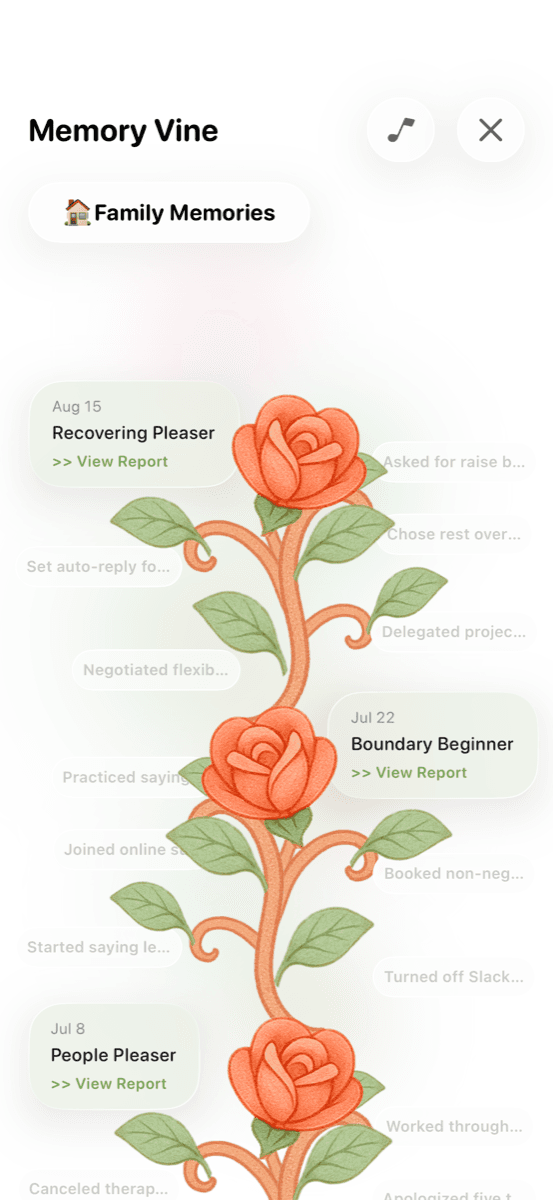You're in your dorm room at 2 AM, staring at a problem set due in 6 hours. You haven't slept more than 4 hours in three days. Your roommate is asleep, and you're trying not to cry because you can't afford to lose the time.
You thought about going to campus counseling two weeks ago when the panic attacks started. You even called. They told you the next available appointment is in 8 weeks. "But we have a crisis line," they offered. This doesn't feel like a crisis. Just a slow drowning.
Everyone around you seems fine—posting about parties, getting good grades, looking put together. You must be the problem. If you were just more resilient, better at time management, less... broken.
Here's what nobody tells you: 60% of college students report overwhelming anxiety. 40% feel too depressed to function. You're not weak. You're experiencing a systemic crisis that everyone pretends is normal.
This guide covers the real state of college mental health, why campus resources fail students, and what actually helps when you're drowning.
The Numbers That Prove This Isn't Normal
- 73% of college students experience a mental health crisis during college
- 60% report overwhelming anxiety that interferes with academic performance
- 40% feel so depressed they can't function
- Suicide is the 2nd leading cause of death among college students
- Campus counseling centers report 30-50% increases in demand over past decade
- Average wait time for counseling: 4-8 weeks (by then, many students have dropped out or given up)
This isn't a personal failing epidemic. This is a systemic crisis.
Why Campus Mental Health Resources Are Failing
1. The Waitlist Crisis
The problem:
- Average counseling center has 1 counselor per 1,500-2,000 students
- Recommended ratio: 1 per 1,000 (which is still inadequate)
- Most centers limit students to 6-8 sessions per year
- By the time you get an appointment, the crisis has either escalated or you've learned to suffer in silence
2. The "Crisis" Threshold Problem
What counts as a "crisis":
- Suicidal ideation
- Self-harm
- Psychotic break
- Severe panic attack
What doesn't count (but should):
- Can't get out of bed for three days
- Haven't eaten in 48 hours due to anxiety
- Having panic attacks before every class
- Constantly thinking about dropping out
- Isolation and inability to connect with others
The gap: You have to be actively in crisis to get immediate help, but if you wait until you're in crisis, it's often too late to prevent serious consequences.
3. The Session Limit Problem
Most campus counseling centers limit students to 6-8 sessions per academic year. But mental health conditions don't operate on semester schedules:
- Depression typically requires 12-20 therapy sessions to see significant improvement
- Anxiety disorders: 15-20 sessions
- Trauma: Often 20+ sessions
- By session 6, you've just built trust with your therapist—then you're cut off
The Perfect Storm: Why College Triggers Mental Health Crises
Developmental timing:
- Ages 18-25 = peak onset period for mental illness (anxiety disorders, depression, bipolar, schizophrenia)
- 75% of mental illnesses begin by age 24
- College coincides with when brains are most vulnerable
Structural stressors:
- Academic pressure: GPA determines scholarships, grad school, job prospects
- Financial stress: Student debt averaging $30,000, working while in school
- Social pressure: Finding your people, dating, FOMO, social media comparison
- Identity development: Figuring out who you are away from family
- First time living independently: Managing food, sleep, health, finances
- Career anxiety: "What am I doing with my life?" starting freshman year
Loss of support systems:
- Away from family/childhood friends
- Haven't built deep friendships yet on campus
- Therapist from home no longer accessible
- Loss of structure (high school → college transition)
You're not failing at adulting. You're navigating an objectively overwhelming transition during a developmentally vulnerable period with inadequate support. That's not weakness—that's reality.
What Students Actually Say vs. What They Actually Mean
"I'm just stressed about midterms"
Often means: I'm having panic attacks daily, not sleeping, can't eat, and contemplating withdrawal
"I'm fine, just tired"
Often means: I haven't gotten out of bed except for class in three days, I'm not sure I can keep doing this
"I'm thinking about taking a semester off"
Often means: I'm drowning and don't see another way out
"I didn't make it to class today"
Often means: I had a panic attack getting ready, or I couldn't stop crying, or I'm too depressed to move
Why the translation gap? Admitting you're struggling feels like admitting failure. Everyone else seems fine. Mental health stigma is still real. Asking for help feels like giving up.
Signs You Need Help (Not "Crisis-Level" But Still Real)
Seek help if you're experiencing 3+ of these:
Academic signs:
- Missing classes regularly (not because of partying—because you can't get out of bed)
- Can't focus on readings/lectures even when you try
- Assignments that used to take 2 hours now take 6+
- Thinking about dropping out frequently
- Grades dropping significantly from your baseline
Physical signs:
- Sleep problems (insomnia or sleeping 12+ hours)
- Appetite changes (not eating or binge eating)
- Constant fatigue despite sleep
- Frequent illness (weakened immune system from stress)
- Physical symptoms: headaches, stomach issues, chest tightness
Social signs:
- Isolating from friends
- Can't enjoy things you used to love
- Feeling disconnected from everyone
- Canceling plans consistently
- Feeling like nobody understands
Emotional signs:
- Crying frequently (or feeling like you can't cry even when you want to)
- Irritability, snapping at people
- Feeling hopeless about the future
- Constant anxiety/worry that won't shut off
- Feeling numb/emotionally flat
What Actually Helps (When Campus Resources Fail)
1. Telehealth Therapy
Why it works for students:
- No waitlist (usually appointments within 1-2 weeks)
- Can do sessions from dorm room between classes
- Often covered by student health insurance
- Can keep same therapist when you go home for breaks
- More affordable than traditional therapy ($60-100/session with insurance)
Platforms that work for students:
- BetterHelp, Talkspace (app-based, flexible scheduling)
- Psychology Today directory (filter by telehealth, insurance, specialties)
- University health insurance often covers telehealth providers
2. Peer Support Groups
Why they work:
- Realize you're not alone (everyone else is struggling too, just hiding it)
- Learn coping strategies from people in same situation
- No waitlist, free, low barrier to entry
- Less intimidating than therapy for first-time help-seekers
Where to find them:
- Campus counseling centers often run groups (easier to get into than individual therapy)
- NAMI on Campus chapters (National Alliance on Mental Illness)
- Active Minds chapters (student-run mental health organization)
- Online communities: r/college, r/depression, r/anxiety (Reddit)
3. Crisis Text Lines & 24/7 Support
When you need immediate support but it's not 911-level:
- Crisis Text Line: Text HOME to 741741 (free, 24/7, trained crisis counselors)
- 988 Suicide & Crisis Lifeline: Call or text 988 (not just for suicide—for any crisis)
- NAMI HelpLine: 1-800-950-NAMI, M-F 10am-10pm ET
4. Medication Management
For students: Campus health center physicians can often prescribe psychiatric medication (SSRIs, anti-anxiety meds) even if counseling has waitlist.
Process:
- Make appointment with campus health doctor (usually faster than counseling)
- Be honest about symptoms: "I'm having daily panic attacks" / "I can't get out of bed"
- They can prescribe medication + refer to counseling (or telehealth)
- Medication takes 4-6 weeks to work—start ASAP if considering it
Using Lifelight for Student Mental Health
Students face unique challenges: constantly changing schedules, high stress periods (midterms, finals), limited access to immediate support. Lifelight helps students manage mental health between therapy appointments:
- Mood tracking: Notice patterns (Do you always crash after exams? Is anxiety worse on certain days?)
- Stress correlation: Track connection between sleep, social activities, academic deadlines, and mental health
- Emma AI support: Get immediate coping strategies at 2 AM when crisis line feels too intense but you need help
- Journaling: Process emotions when friends aren't available or you don't want to burden them
- Share with therapist: "Here's my mood over the semester" → helps therapist understand patterns quickly
- Pre-crisis intervention: Catch warning signs before they become crises
Academic Accommodations for Mental Health
What many students don't know: Mental health conditions qualify for academic accommodations under ADA (Americans with Disabilities Act).
Possible accommodations:
- Extended time on exams
- Reduced course load while maintaining full-time status (for financial aid)
- Excused absences for mental health appointments
- Deadline extensions for major assignments
- Permission to record lectures (if anxiety prevents focus)
- Private testing room (if test anxiety is severe)
How to get them:
- Get documentation from therapist/psychiatrist (letter stating diagnosis + recommended accommodations)
- Register with campus Disability Services office
- They provide accommodation letters to professors
- Accommodations are confidential—professors don't see your diagnosis
When to Consider Taking Time Off
Medical leave might be right if:
- Your mental health is deteriorating despite treatment
- You're at risk of failing out (better to take medical leave than have F's on transcript)
- You're experiencing suicidal ideation frequently
- Basic functioning (eating, sleeping, hygiene) is severely impaired
- You need intensive treatment (PHP, IOP, residential) that's incompatible with school
Important considerations:
- Medical leave often allows you to return with no penalty on transcript
- Check financial aid implications (may need to pay back some aid, or plan for maintaining eligibility)
- Have a plan for treatment during leave (not just "rest"—active treatment)
- Many students return stronger after getting proper help
For Friends: How to Help a Struggling Student
Signs your friend needs help:
- Withdrawing from social activities
- Sleeping all the time or not sleeping
- Not attending classes when they used to be diligent
- Increased substance use
- Talking about feeling hopeless, being a burden, or not being around
- Giving away possessions
- Dramatic mood or behavior changes
What to say:
- "I've noticed you haven't been yourself lately. I'm worried about you. Want to talk?"
- "It's okay if you're not okay. You don't have to pretend with me."
- "I'm here to listen, not to judge. No pressure to be fine."
- "Would it help if I went with you to counseling center / helped you make an appointment?"
What NOT to say:
- "Everyone's stressed—that's just college"
- "Have you tried just... going to the gym?"
- "At least you don't have it as bad as [someone else]"
- "You just need to get out more"
The Cultural Shift We Need
College mental health crisis won't end until we:
- Fund counseling centers properly: 1 counselor per 1,000 students minimum (better: 1 per 500)
- Remove session limits: Students get help until they're better, not until quota runs out
- Normalize struggling: Mental health problems aren't personal failing—they're medical conditions
- Reduce academic pressure: GPA isn't worth your life
- Train faculty: Professors should recognize warning signs and connect students to resources
- Make accommodations easier: Streamline process for getting academic support
You're Not Failing at College—The System Is Failing You
If you're struggling, you're not weak. You're not defective. You're not "not cut out for college."
You're navigating an objectively overwhelming system during a developmentally vulnerable period with grossly inadequate support.
The fact that you're still showing up, still trying, still searching for help? That's not weakness. That's strength.
Get help. Use whatever resources you can access—campus counseling, telehealth, peer support, crisis lines, medication, accommodations. Cobble together a support system from whatever's available.
Your mental health is more important than your GPA. You can retake a class. You can't retake your life.
You deserve support. You deserve to feel better. And you will.


